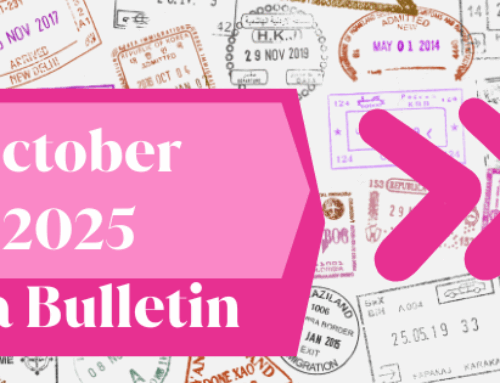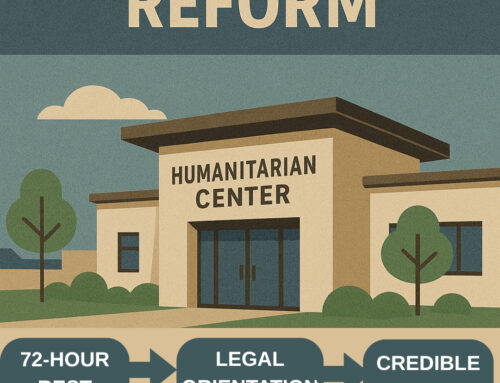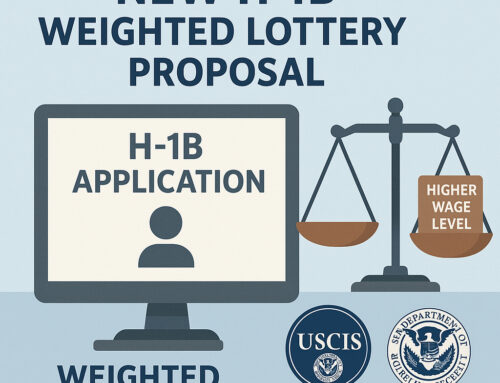A major change is on the horizon for nearly all foreign nationals seeking to visit or work in the United States. As part of the One Big Beautiful Bill Act (OBBBA) signed on July 4, a new $250 “visa integrity fee” will soon be required for most nonimmigrant visa applicants from tourists and students to temporary workers.
This new charge is in addition to existing visa application and processing fees. It cannot be waived or reduced. While the law suggests applicants may be eligible for reimbursement once their visa expires, the refund process has not yet been defined and could prove difficult in practice.
Who Will Pay the Fee?
The integrity fee applies to all nonimmigrant visa categories (B-1/B-2 visitors, F-1 students, H-1B professionals, L-1 transfers, O-1 individuals of extraordinary ability, TN workers, and more). It must be paid at the time a visa is issued.
Travelers who qualify for the Visa Waiver Program (ESTA) are exempt.
The $250 charge is the legal minimum for fiscal year 2025, but the Department of Homeland Security (DHS) has authority to raise it through regulation. Starting in 2026, the amount will automatically increase each year with inflation.
Can Applicants Get a Refund?
In theory, yes — but only under strict conditions. To qualify, a traveler must:
- Comply fully with the terms of their visa
- Avoid overstaying by more than five days
- Refrain from unauthorized employment
- Depart the U.S. on time, extend status properly, or obtain permanent residence
Refunds would only be available after the visa expires. Since many visas last multiple years and no system for processing repayments currently exists, many applicants should assume this fee will be nonrefundable in practice.
What This Means for Travelers and Employers
For tourists and students
The fee adds a new layer of cost to the visa process. Families traveling together or students already facing tuition, application, and travel expenses will feel this most. A family of four applying for visitor visas could face $1,000 in integrity fees alone, on top of standard consular fees.
For employers
The change also impacts employment-based visas. For example, an H-1B applicant abroad — whose employer may already cover a $780 filing fee and a $500 fraud prevention fee — will now owe at least $250 more. Employers must decide whether to absorb this cost as part of sponsorship or leave it to employees, but either way, it increases the overall expense of hiring foreign talent.
How Employers Can Prepare
- Budget ahead: Build the new fee into 2025 immigration planning and anticipate annual increases.
- Set expectations early: Let sponsored employees know about the additional charge and clarify whether the company will reimburse it.
- Stay informed: DHS and the State Department have not yet finalized procedures, so more guidance is expected.
Other Fee Increases Under the OBBBA
The visa integrity fee is only one piece of a broader fee overhaul:
- Form I-94 (arrival/departure record): increasing from $6 to $24
- ESTA (Visa Waiver Program): increasing from $4 to $13
- Parole requests: increasing to $1,000 (up from $630)
- Temporary Protected Status (TPS): initial filings increasing to $500 (up from $80)
- Asylum: annual $100 surcharge for pending case
Bottom Line
The visa integrity fee represents a fundamental shift in how the U.S. funds its immigration system. While lawmakers claim the refund structure encourages compliance, the reality is that travelers may never see that money returned. For families, students, and employers, this new layer of cost will add to an already expensive and complex visa process.




